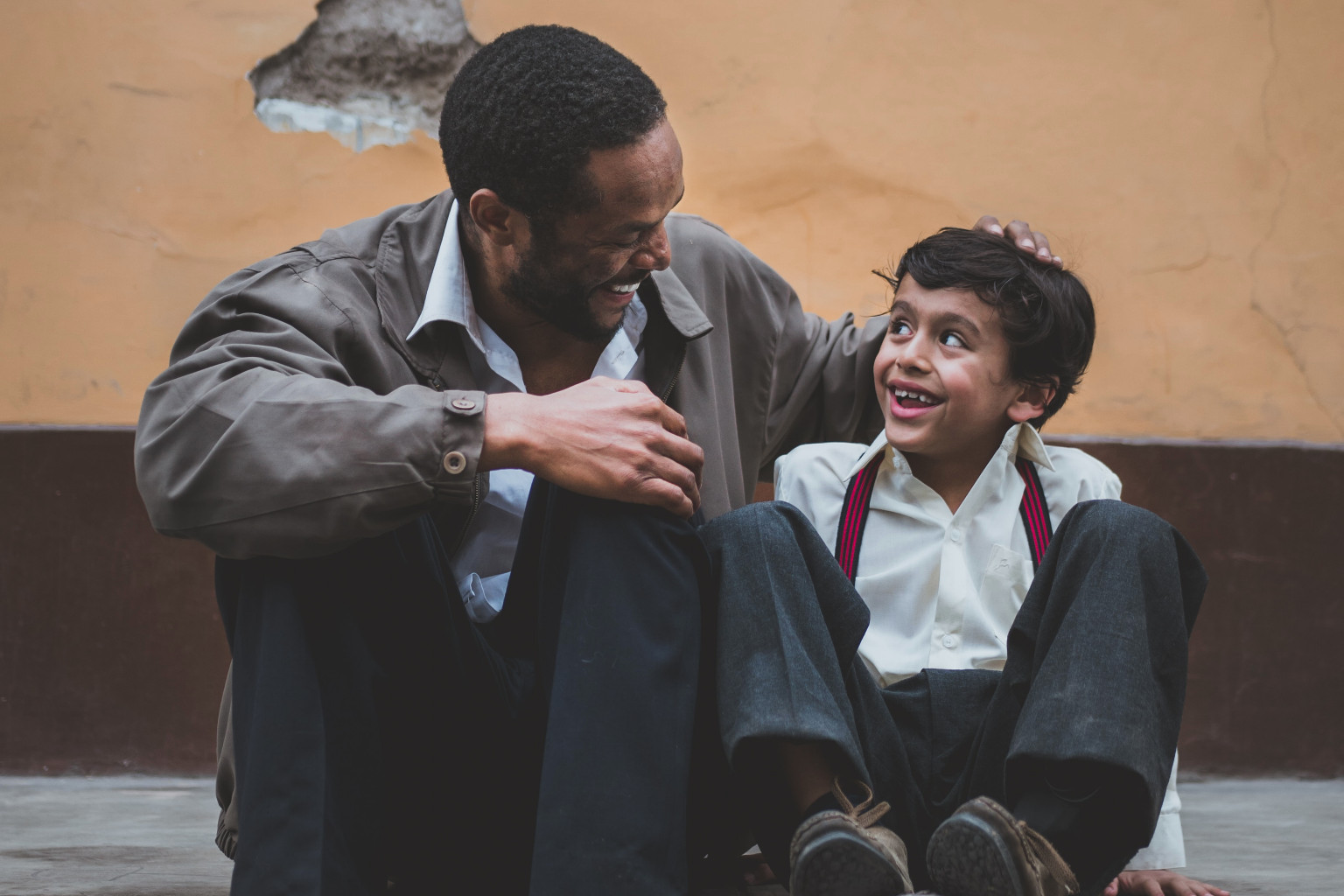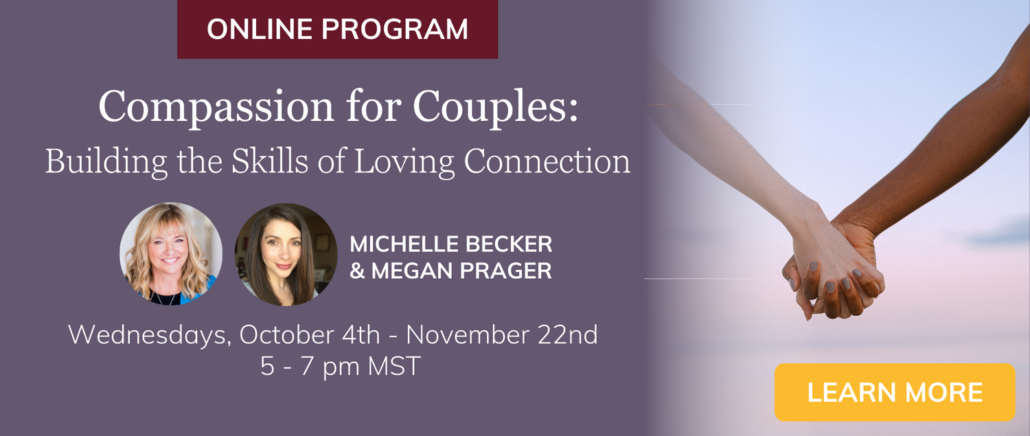Finding the Voice of Self-Compassion
By Michelle Becker
In first grade I had a really mean teacher. Several decades later, I can still feel the hot sting of humiliation as she stopped the class so they could watch me clean out my desk. Clearly it wasn’t up to her standards. I was already painfully shy as a girl and this was a particularly cruel punishment to dole out in my case. I got through that year, but it didn’t leave me any more organized, less shy or more confident about school. The best thing I can say about that year is that I survived. I really don’t think I learned much.
Luckily in third grade I had a remarkable teacher, Ms. Foust. This was the 60’s and she was oh so kind and cool. My mom called her a hippie. She lived on a sailboat and played her guitar for us. We sang all the hits of the day as she strummed on her guitar. I began to feel safe and seen. I began to relax. We did art. I had my first crush. Bit by bit I came out of my shell. Yes, we did do schoolwork too, but honestly that wasn’t the most important thing that happened that year. The most important thing that happened was that I felt able to show up because I felt safe and cared about. It wasn’t just me, everyone was safe in her class. That’s how I began to trust it was real. And that’s when I started to actually like going to school. And I began to like learning. I was smart, and now I could open up and really learn.
So why am I telling this story? Because my story isn’t really that uncommon. We have interpersonal experiences that leave their mark. They lead to intrapersonal strategies. We all have an inner teacher, or inner coach, the one that see’s what we’re doing and talks to us about it. The question is what kind of coach is in charge at the end of the day? The kind that may be well intended, but batters us with cruel comments; or the one that is kind and encouraging? Does your inner coach hold the limit with you in a warm and caring way that actually helps you grow, or shame you and leave you wanting to hide? A common misconception about motivation is that it needs to be harsh. Actually, I’m inviting you to look at your own experience. How does that usually work for you?
Research suggests that people who find a kind, encouraging voice, the voice of self-compassion, have just as high standards for themselves. And they are more able to achieve their goals because they can risk trying and failing. At the end of the day, when you know you have a way to comfort and soothe yourself. When you know you’ll be met with kind an encouraging words, you can let fear take a back seat and courageously take a risk. It’s only by actually showing up and trying that we actually move out of dreaming and into creating the life we want. What words do you need to hear to risk creating a life you love?
Join Michelle and Megan Prager Online This Fall!
About the Author







